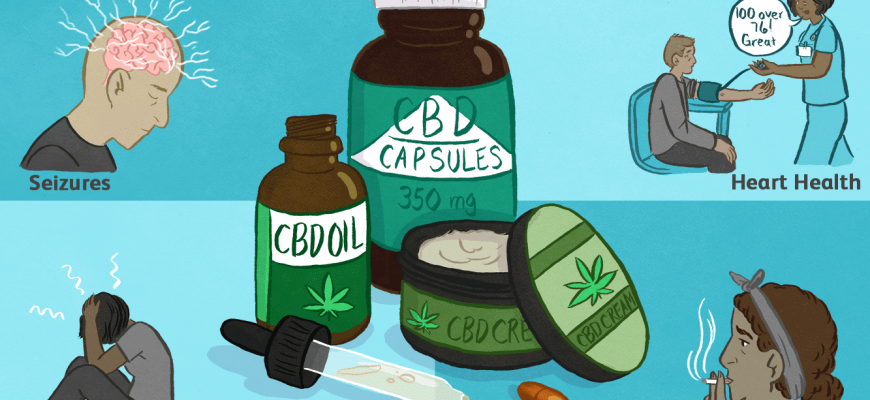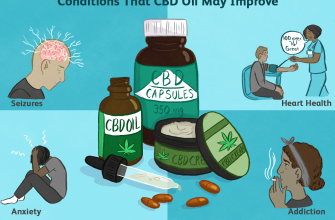Cannabinoids – activee organic chemical compounds that affect cannabinoid receptors in the human body. There are 2 types of cannabinoids: endocannabinoids – the human body produces them on its own and phytocannabinoids – of plant origin. The most famous are cannabinoids of plant origin, namely CBD – cannabidol, which is not psychotropic and has a lot of positive effects on the human body, and THC – tetrahydrocannabinol, which is psychoactive. The hemp plant contains at least 85 other cannabinoids with different properties.
Cannabinoid receptors
The human body contains more cannabinoid receptors than other receptors, in other words, cannabinoid receptors are the most abundant type of receptor in the brain. In addition to humans, cannabinoid receptors are found in other mammals, fish, birds, and reptiles.
There are 2 main types of cannabinoid receptors – CB1 and CB2 (CB1 and CB2).
CB1 receptors are located primarily in the brain, CB2 receptors are located primarily in the immune system and also in the spleen. According to the study, CB2 receptors are responsible for the body’s main immune responses.
Cannabinoids contained in hemp plants, by their action on CB1 and CB2 receptors, affect the vital functions of the human body.
CBD and THC as the most important cannabinoids
Cannabinoids of plant origin are found primarily in the resin that protects the hemp flowers. Today from hemp was obtained 85 different cannabinoids, the most studied of which are CBD and THC.
CBD (CBD) – cannabidiol
Cannabidiol – CBD is not psychoactive – it does not alter human consciousness. Recent studies show that CBD prevents the mind-altering effects of cannabis use. CBD does not directly affect CB1 receptors, it prevents the activation of these receptors by other substances, thus “protecting” them.
CBD prevents cramps, inflammation, anxiety and nausea. CBD also slows down the growth of cancer cells. CBD affects CB2 receptors more than CB1 receptors, which explains its effect on the human immune system.
Most low-THC hemp varieties contain CBD.
THC – tetrahydrocannabinol
THC is the primary psychoactive component in cannabis. THC mimics the function of the hormone anandamide, a neurotransmitter produced by the human body. The effect caused by the use of cannabis is due to the fact that THC binds CB1 receptors in the brain. THC relieves pain, inflammation of the nerves and promotes nerve growth. Research has also shown its ability to inhibit the growth of cancer cells. THC has approximately the same effect on CB1 and CB2 receptors.





